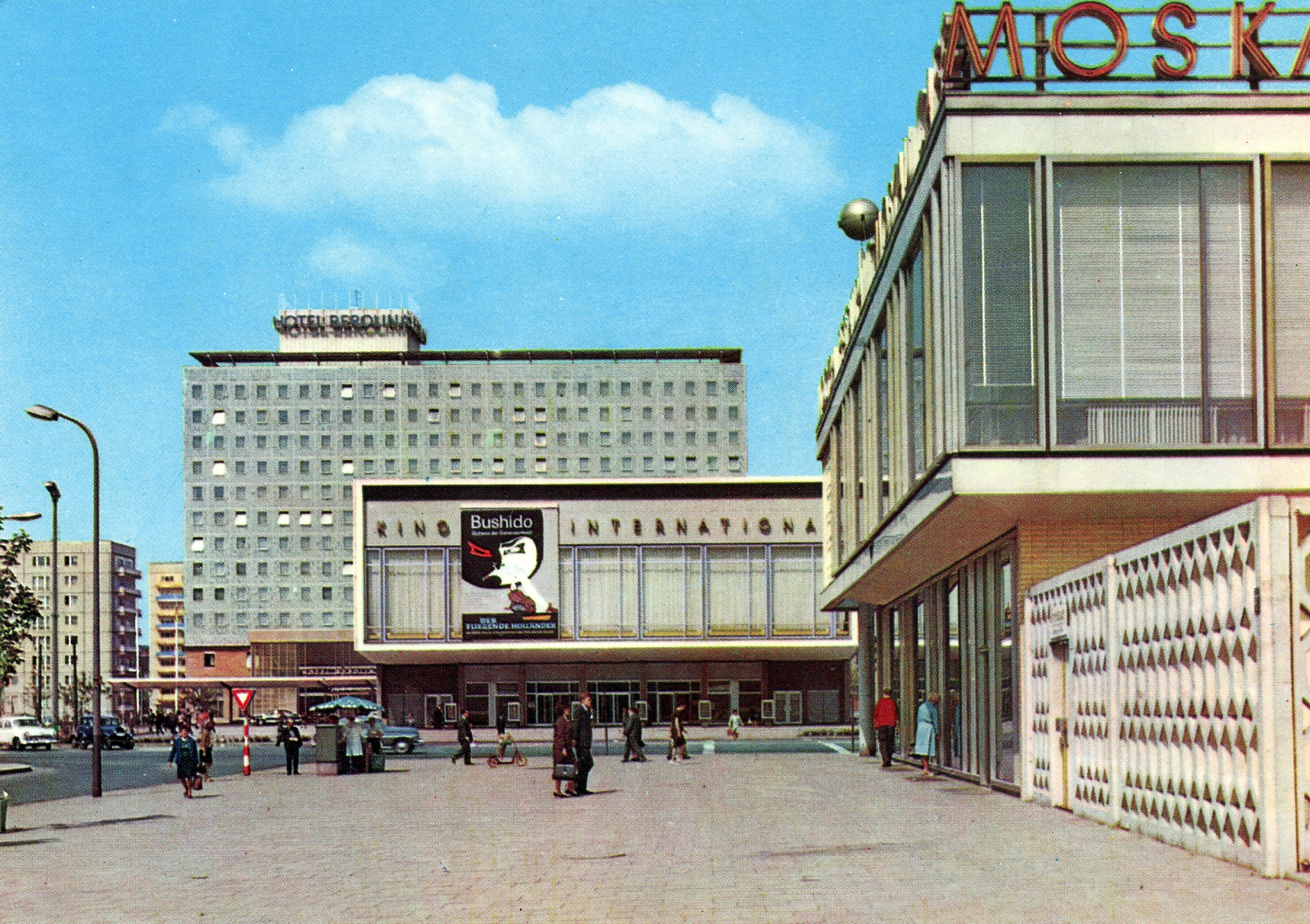

Josef Kaiser (1910 Cilli/Celje – 1991 Altenberg) was an influential proponent of “socialist” architectures in the GDR. Between 1950 and 1980 he and his collective carried out many building projects for state and municipal clients, including Kino International and Café Moskau on Karl-Marx-Allee in Berlin. His early professional experience working in practices compliant with the Nazi regime was no obstacle to his career in the socialist republic. In general his designs, which garnered international acclaim, were seen as an expression of a society seeking new departures. Many surviving buildings designed by Kaiser are now listed as significant examples of the GDR’s independent cultural identity.
The exhibition “Josef Kaiser: Building for the GDR” (working title) will break new ground by offering a broad reconstruction of the life and work of this architect who operated in two different dictatorial systems. Approximately 60 drawings, photographs, films and models from the Berlinische Galerie holdings and other collections will trace Kaiser’s work, casting light on political and aesthetic pressures. Contemporary artworks will widen the gaze with fresh perspectives on the GDR’s architectural heritage.
Press material
Press images
-
Postcard of 1964 showing Karl-Marx-Allee Ensemble Berlin build by Josef Kaiser. Fig: Cinema „International“ with Heinz Aust, Hotel „Berolina“ with Günter Kunert, Restaurant „Moskau“ with Horst Bauer, © photo: Foto Schlegel (JPEG, 3 MB)
Please log in to download high resolution images.
If you have any technical problems when downloading images for print, try logging in from a different browser. If the technical problems persist, please contact: presse@berlinischegalerie.de